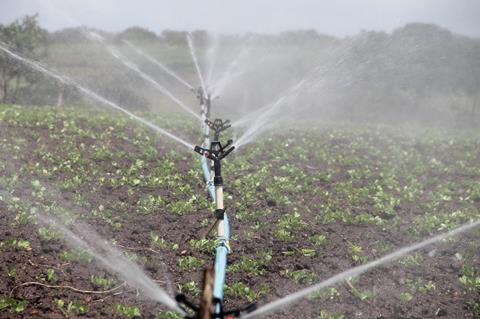Hybu Cig Cymru – Meat Promotion Wales (HCC) has described claims made as part of ‘Water Saving Week’ that consumers could save water by eating less red meat as ‘misleading nonsense’.

As part of the campaign, the UK NGO Waterwise cited global estimates of the amount of water required to produce beef, suggesting that eating less red meat could be a way of cutting down on water usage.
However, several studies have suggested that such figures are almost meaningless in water-rich environments such as Wales.
HCC’s chief executive Gwyn Howells said: “If consumers choose to eat meat reared mainly on natural grass and produced to high standards of environmental sustainability, such as Welsh Beef and Welsh Lamb, they need have no concerns over the amount of water required to produce it.
“Figures which estimate that it takes between 14,000 and 17,000 litres of water to produce a kilo of beef are misleading nonsense if taken out of context,” he added.

“This demand could undoubtedly place a burden on resources in drier parts of the world, but in Wales the vast majority of the water which is consumed by livestock and which produces their feed falls from the sky as rain. In water-rich countries, as little as 0.4% of the total water needs of livestock production is ‘blue water’ from public supplies.
“Welsh agriculture is committed to good environmental stewardship. Farmers help with flood prevention, as well as helping to mitigate climate change through on-farm efficiencies and capturing carbon through the soil,” explained Mr. Howells.
“We welcome a debate about how best to manage the environment, but it must be based on the reality of agriculture in Wales, not misleading global averages which include countries where agriculture has far more impact on water and other resources.”
This story was originally published on a previous version of the Meat Management website and so there may be some missing images and formatting issues.















